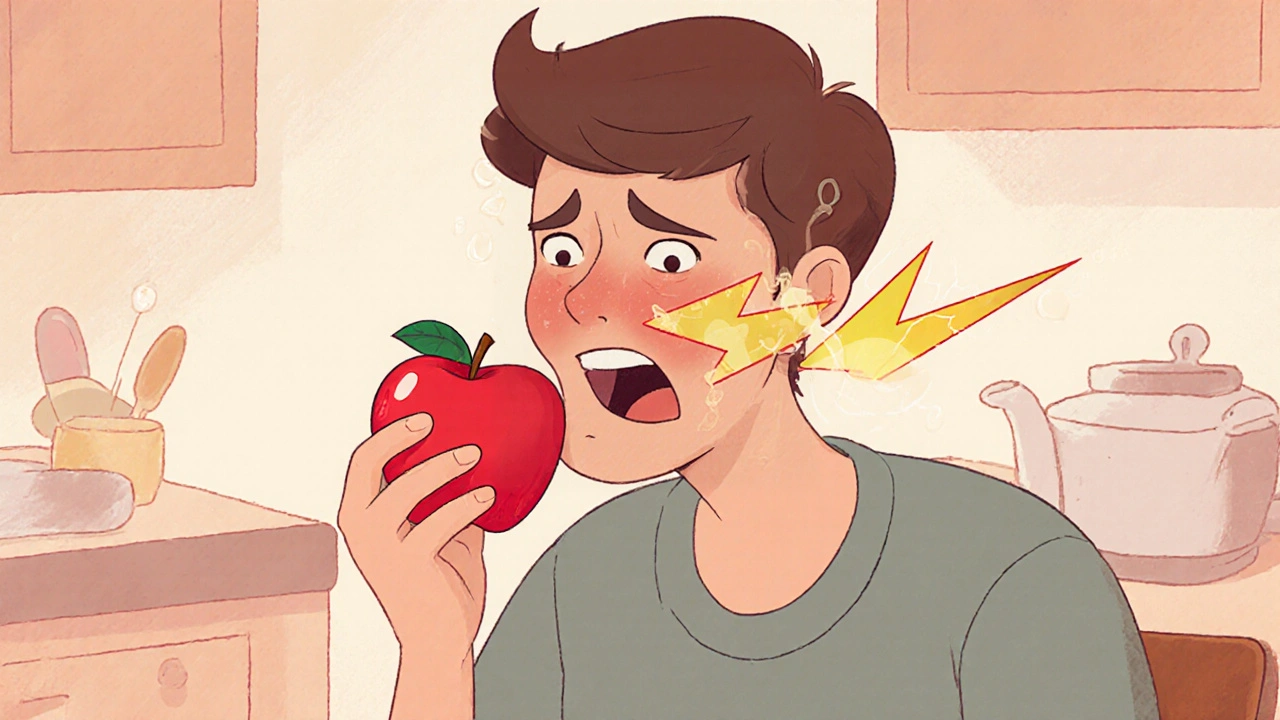Mental Health: Practical Help for Depression, Anxiety, and Daily Struggles
If you're feeling low, anxious, or just not yourself, you're not alone. Mental health covers many things: mood, sleep, focus, stress responses, and how you handle relationships. Knowing what to try first—self-care, therapy, or medication—can save you time and frustration.
Start by spotting clear signs that need attention. Persistent sadness, loss of interest in things you used to enjoy, ongoing worry, trouble sleeping, or changes in appetite are red flags. If these last more than two weeks or get worse, talk to a doctor or mental health professional. If you ever have thoughts of hurting yourself, reach out immediately to emergency services or a crisis line.
Simple steps you can try today
Small, concrete actions often make a big difference. Aim for consistent sleep, even if it's imperfect—set a bedtime and wake-up time. Move your body: 20–30 minutes of walking or light exercise most days helps mood and sleep. Eat regular meals with protein and fiber; gut health matters, and fermented foods like kefir can support digestion and mood. Try short breathing exercises or a 5-minute grounding routine when anxiety spikes.
Limit alcohol and recreational drugs; they can worsen anxiety and depression over time. If media or social feeds trigger stress, set limits—turn off notifications or schedule social-free hours. Track one thing daily that went well, even if small. These habits add up and make therapy or medication work better when you use them together.
Medications, therapy, and what to expect
Some people benefit from antidepressants like duloxetine (Cymbalta) or tricyclics such as imipramine (Tofranil). Meds can reduce symptoms but usually take several weeks to help. Talk with your prescriber about side effects and how to stop safely. If one medication doesn't work, there are often alternatives and strategies to try. Therapy—especially cognitive behavioral therapy—gives practical tools to change patterns of thinking and behavior. Many people do best combining therapy with medication when symptoms are moderate to severe.
Mental health care isn't one-size-fits-all. If finances or access are issues, look for community clinics, sliding-scale therapists, or trusted online resources that explain options clearly. Our site covers medication guides, natural supports like herbal options and diet, plus lifestyle plans for preventing relapse. Use these resources to ask better questions at your appointments.
Before any medication change, write a list for your clinician: current symptoms, other meds, sleep and appetite changes, and what you hope to improve. Ask about timeline, common side effects, and follow-up plan. If side effects are severe, contact your provider right away. For urgent support, keep local crisis numbers handy and consider peer support groups—many people find group meetings or forums helpful while they wait for care.
Finally, stigma still makes people suffer in silence. Talking to one trusted person about what you're going through often reduces shame and opens doors to help. You don't have to accept feeling bad as your normal. Small steps, informed choices, and proper support can change how you feel day to day.

How Trigeminal Neuralgia Affects Everyday Life and Mental Well‑Being
Explore how trigeminal neuralgia disrupts everyday tasks, impacts mental health, and what treatments and coping strategies can improve quality of life.

Zyprexa: Uses, Side Effects, and What to Know About Olanzapine
This article covers everything you need to know about Zyprexa (olanzapine), from how it works and what it's used for, to its side effects and practical tips for those taking it. You’ll get clear, detailed information on how the medication is prescribed, what you might feel while on it, and how to handle possible challenges. The article breaks down facts about Zyprexa with up-to-date research and real-world advice. Honest insights and helpful stats provide a balanced look at this widely-used mental health medication.
-
9.06.25 -
Alistair Mukondiwa -
12
- Drug Information (69)
- Health and Wellness (59)
- Pharmacy Information (23)
- Medical Conditions (22)
- Supplements (4)
- Diabetes (4)
- Travel Health (3)
- Mental Health (3)
- Heart Health (2)
- Parenting (2)
-
How Antioxidants Help Manage Proctitis: Benefits, Sources, and Safe Use
5 Oct 2025 -
How to Buy Cheap Generic Albuterol Online Safely
27 Sep 2025 -
Cumulative Anticholinergic Burden: How Common Antihistamines Mix Dangerously with Other Medications
12 Nov 2025 -
Assistive Technology for ADHD Students: Practical Tools and Tips
29 Sep 2025 -
DPP-4 Inhibitors and Joint Pain: What You Need to Know
23 Dec 2025

16.10.25
Alistair Mukondiwa
6